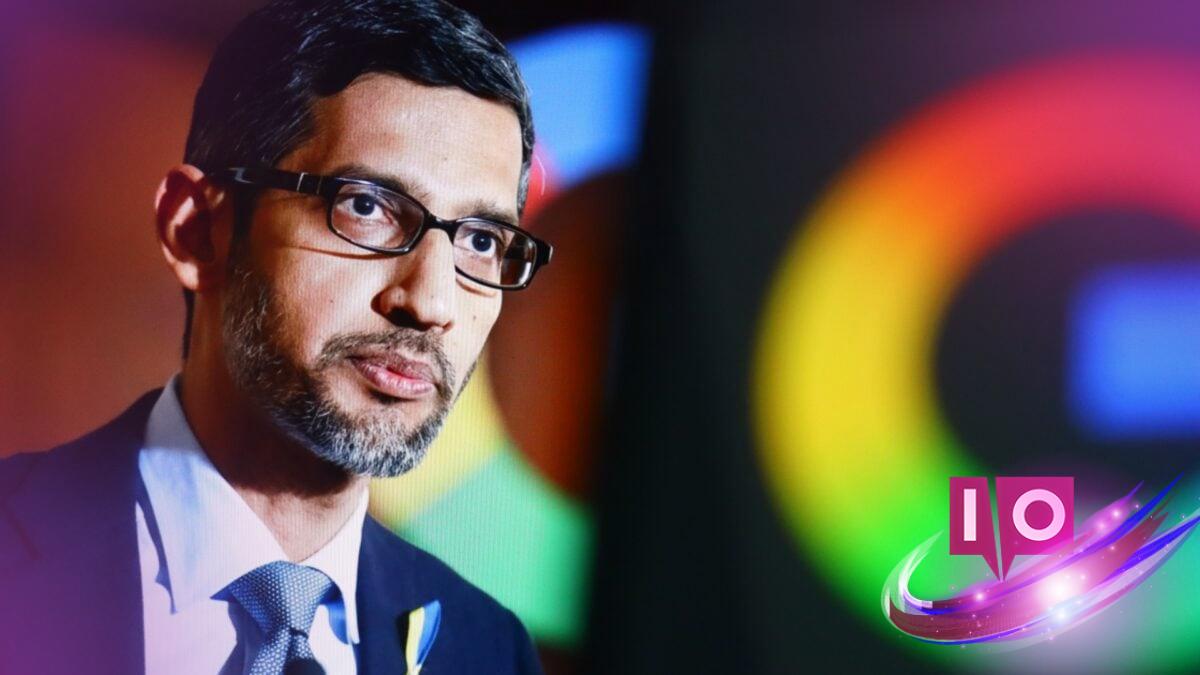On Monday, Google’s parent company, Alphabet, made headlines by becoming the fourth company in history to surpass a market valuation of $3 trillion. So, what does it take to join this exclusive club? A modest 4% increase in share prices was all it needed.
Notably, the three other members of this elite group—Nvidia, Microsoft, and Apple—are all heavyweights in the tech sector, riding high on a wave of investor enthusiasm for AI technologies.
Alphabet’s stock saw a robust start to September, buoyed by a federal judge’s ruling that allowed the company to maintain its Chrome browser amidst concerns regarding its dominant position in internet search. The judge noted that advancements in generative AI could soon challenge Google’s market hold.
With this looming competition in mind, Google is aggressively integrating AI into its search functionalities while investing billions in its AI projects, including its innovative chatbot, Gemini.
This strategy appears to be yielding results. By Monday morning, Google Gemini took the top spot as the most downloaded free app on Apple’s App Store, ousting OpenAI’s ChatGPT to the second position and positively impacting the company’s stock performance.
The AI Fuels Behind Major Gains
The soaring interest in AI technologies has translated into significant stock market gains for tech giants. Nvidia stands out as a prime example. With its market leadership in AI chip production, Nvidia has become the poster child for the AI investment phenomenon. This past summer, Nvidia even etched its name in history as the first company to reach a $4 trillion market valuation.
Apple, while once the first to hit the $3 trillion mark, has yet to reach $4 trillion and is considered the least AI-focused of the top four companies. Meanwhile, both Nvidia and Microsoft have surpassed this benchmark, with Microsoft’s recent surge attributed to its cloud computing success powered by AI.
In late July, Microsoft reported impressive earnings from its Azure cloud platform, prompting a brief spike that pushed its market valuation above $4 trillion.
Oracle also made headlines recently, as Chairman Larry Ellison enjoyed a boom in his wealth following a significant rise in Oracle’s stock. The company announced expectations of around half a trillion dollars in revenue for the upcoming quarter, primarily from AI-driven deals.
Are We Experiencing an AI Bubble?
While the financial success of these tech companies is noteworthy, a pressing question remains—are these valuations sustainable? This uncertainty has led to speculation among investors and experts alike.
Notably, OpenAI CEO Sam Altman voiced concerns about an AI bubble during a recent dinner with journalists, suggesting that investor excitement may be swaying too far into optimism.
An MIT report further deepened these worries, revealing that less than 10% of AI pilot programs in the corporate sector have actually led to revenue increases, highlighting a gap between expectation and reality.
AI currently sees predominant use among larger firms in niche sectors, yet recent census data indicates a decline in AI adoption even among these enterprises.
If we are indeed experiencing an AI bubble, the repercussions could be severe. The health of the U.S. economy hinges significantly on this AI influx. Research published by the Federal Reserve in July warned that if AI demand doesn’t scale with investment, the fallout could resemble the economic downturn following the railroad boom in the 1800s. Economist Torsten Slok has even claimed that today’s AI bubble might surpass the 1999 Dot-com bubble in severity.
What are the main concerns around AI investments? Some experts warn that enthusiasm may be outpacing actual financial returns, suggesting a corrective phase ahead.
Do all major tech companies benefit from the AI trend? While companies like Nvidia and Microsoft are thriving, smaller firms might struggle to keep pace with the exponential growth in AI capabilities.
Should investors be cautious about AI stocks? Given the mixed signals in the market, a cautious approach may be prudent until clearer trends emerge.
How can AI impact various industries? AI application is wide-reaching, potentially transforming logistics, healthcare, finance, and more, but its current deployment is primarily among larger corporations.
Wrapping up this discussion about AI’s smash-hit status in the market, it’s clear that navigating these waters will require a keen eye for both opportunities and risks. Don’t forget to explore more on related topics at Moyens I/O.
